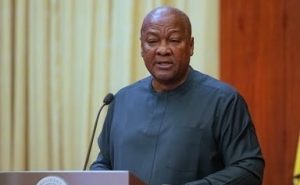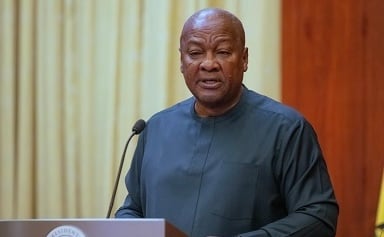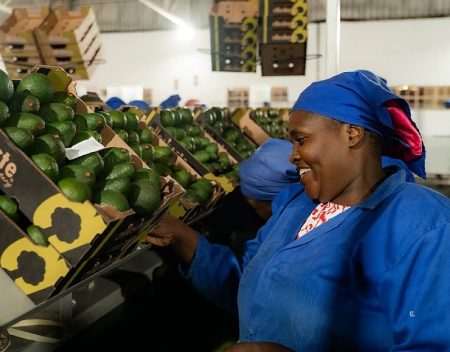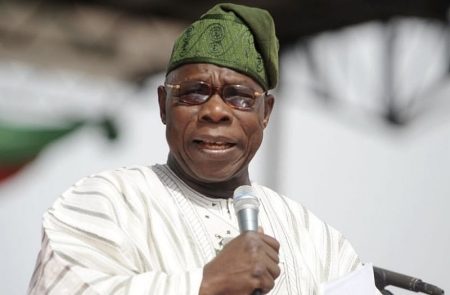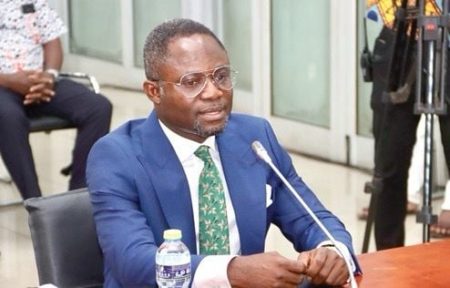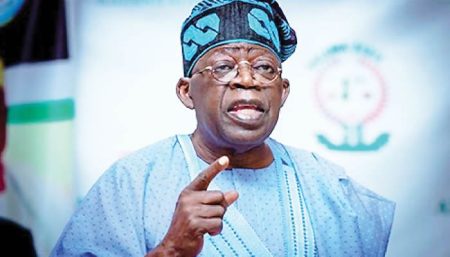The Sahel region, currently experiencing relative peace and political stability, faces a serious threat according to allegations against Israeli Prime Minister Benjamin Netanyahu. A viral video purportedly shows Netanyahu unveiling a plan to destabilize Africa, claiming his next mission after the Middle East will be the continent’s “liberation.” The nature of this supposed liberation remains unclear, but the statement is viewed with suspicion, potentially linked to a broader, undisclosed agenda involving powerful actors seeking to destabilize the Sahel.
A clandestine plan is alleged to target the Sahel states of Mali, Burkina Faso, and Niger, including assassination attempts on their leaders. This alleged plot aims to destabilize the region, building upon existing neo-colonial machinations. Key questions arise: Is Netanyahu a willing participant or a pawn in this scheme? Who stands to gain from the assassination of these leaders, and what repercussions would follow? Is this a retaliation for the Sahel states’ stance on Israel’s actions against Iran? Netanyahu’s intentions, whether genuine liberation or a pretext for meddling and assassination, remain ambiguous, raising the troubling question of whether Israel operates as a tool for anti-African forces.
Netanyahu’s alleged plot is characterized as an attempt to derail Africa’s progress. A call to action is issued, urging Africans and their organizations to condemn this plan, which is presented as a potential act of genocide. The Economic Community of West African States (ECOWAS) is urged to distance itself from this purportedly neo-colonial endeavor and prevent its members from participating. ECOWAS, having faced criticism for past actions, is implicated in alleged human rights abuses and suppression of democracy within its member states. The Sahel’s population is urged to remain calm, vigilant, and protective of their freedom and sovereignty under their current leadership.
Netanyahu’s alleged statements and intentions are unequivocally condemned as a divisive tactic aimed at sowing chaos and violence in Africa. This purported plot highlights the role of alleged traitors and neo-colonial puppets within Africa, aiming to destabilize the Sahel region. Drawing parallels with Israel’s actions against Palestine, particularly the ongoing situation in Gaza, the accusations question Netanyahu’s motives, framing them as promoting terrorism, degradation, and dehumanization. The resurgence of Zionism is presented as a dangerous element in this scenario, raising concerns about escalating conflict and oppression.
Defiance against neo-colonial influences is emphasized, with faith in the leadership of Mali, Burkina Faso, and Niger. A mobilized African youth and united citizenry are envisioned as safeguards against external manipulation. Mass protests in the Sahel are cited as a powerful statement of support for the region’s leaders and their actions to defend sovereignty. This display of solidarity challenges regional blocs and foreign powers to engage with the Alliance of Sahel States (AES) with transparency and abandon covert plots. Instead, collaborative efforts to combat malicious agendas within Africa are encouraged.
The unwavering citizen support for the AES leaders is recognized as a crucial element in defending against alleged sabotage and psychological warfare. The accusations maintain that neo-colonial powers, embarrassed by their failures, resort to manipulating client heads of state to disrupt the Sahel’s progress. Emphasizing the importance of protecting the Sahel’s people, the leaders of the AES are portrayed as committed to fostering a safe and secure environment. The resilience of the Sahel’s people in facing these alleged threats is underscored. Finally, the statement concludes by asserting the Sahel’s independence from foreign control, demanding respect for the sovereignty and territorial integrity of the AES member states, and vowing to resist any infringements upon these principles.



